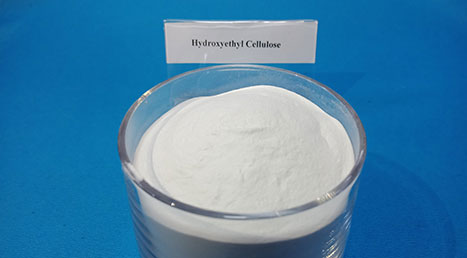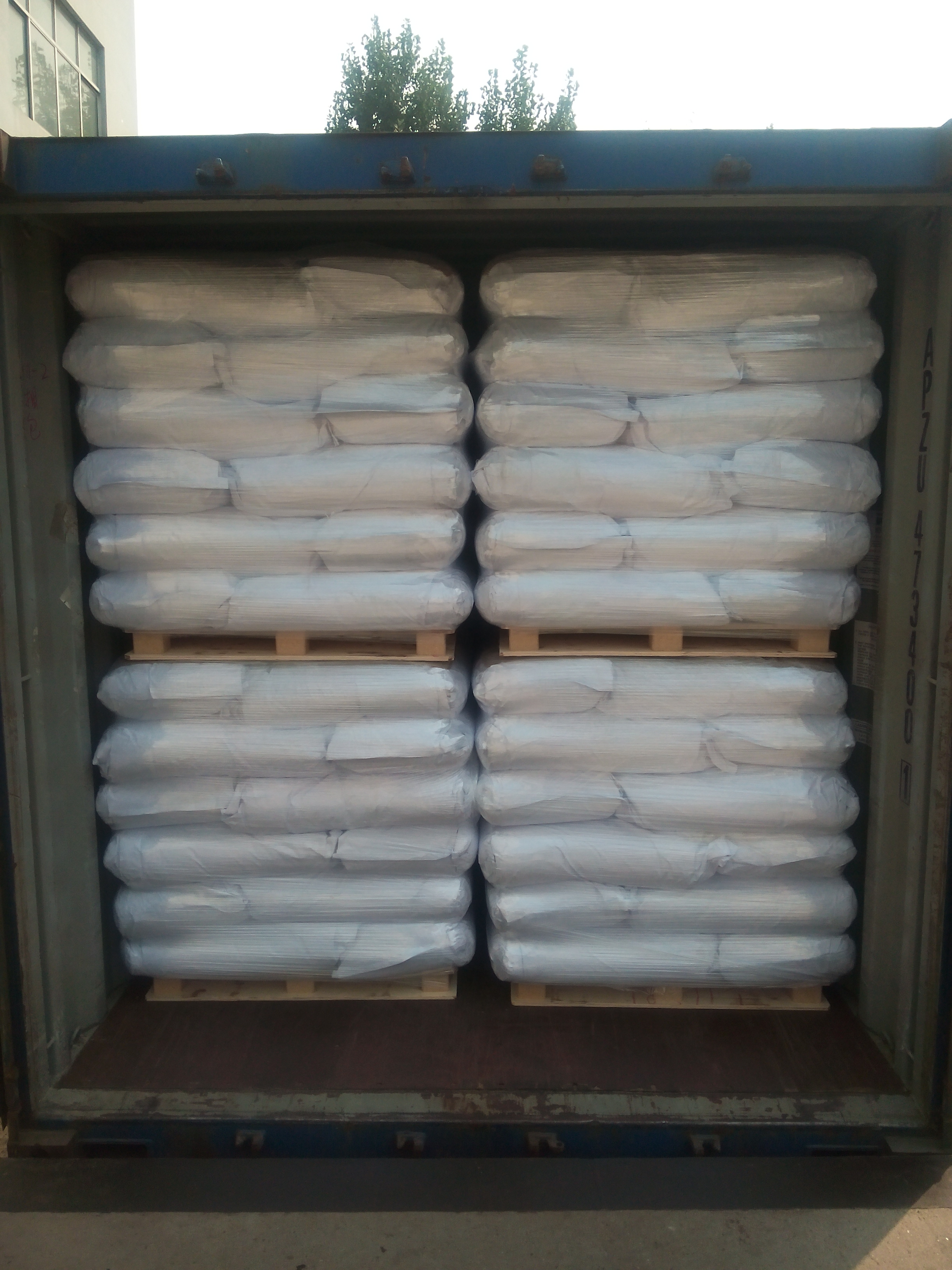What is the role of hydroxyethyl cellulose (HEC) in oil drilling?
Hydroxyethylcellulose (HEC) plays a vital role in the oil drilling industry, especially in drilling fluids or muds. Drilling fluid is crucial in the oil well drilling process, providing many functions such as cooling and lubricating drill bits, carrying drilling cuttings to the surface, and maintaining wellbore stability. HEC is a key additive in these drilling fluids, helping to improve their overall effectiveness and performance.
Introduction to Hydroxyethyl Cellulose (HEC):
-
Chemical structure and properties:
Hydroxyethyl cellulose is a nonionic, water-soluble polymer obtained by chemical modification of cellulose.
The hydroxyethyl group in its structure gives it solubility in water and oil, making it versatile.
Its molecular weight and degree of substitution influence its rheological properties, which are critical to its performance in drilling fluids.

2.Rheological modification:
HEC is used as a rheology modifier, affecting the flow behavior and viscosity of drilling fluids.
Control of rheological properties is critical to optimizing the performance of drilling fluids under different downhole conditions.
-
Filter control:
HEC acts as a filtration control agent, preventing excessive fluid loss into the formation.
The polymer forms a thin, impermeable filter cake on the wellbore, reducing drilling fluid intrusion into surrounding rock formations.
-
Cleaning and hanging:
HEC helps suspend drill cuttings, preventing them from settling at the bottom of the wellbore.
This ensures effective wellbore cleaning, keeps the wellbore clear and prevents blockages that could hamper the drilling process.
-
Lubrication and cooling:
The lubricating properties of HEC help reduce friction between the drill string and wellbore, thereby minimizing wear and tear on drilling equipment.
It also helps dissipate heat, aiding in the cooling of the drill bit during drilling operations.
-
Formation stability:
HEC enhances wellbore stability by minimizing the risk of formation damage.
It helps maintain the integrity of the wellbore by preventing collapse or collapse of the surrounding rock formations.
-
Water-based drilling fluid:
HEC is commonly used in water-based drilling fluids to impart viscosity and stability to the drilling fluid.
Its compatibility with water makes it suitable for formulating environmentally friendly drilling fluids.

-
Suppress drilling fluid:
In inhibitory drilling fluids, HEC plays a role in controlling shale hydration, preventing expansion, and improving wellbore stability.
-
High temperature environment:
HEC is thermally stable and suitable for use in high-temperature drilling operations.
Its properties are critical to maintaining the effectiveness of drilling fluids under high temperature conditions.
-
Additive compatibility:
HEC can be used in combination with other drilling fluid additives such as polymers, surfactants and weighting agents to achieve desired fluid properties.
-
Shear degradation:
Shear encountered during drilling can cause HEC to degrade, affecting its rheological properties over time.
Proper additive formulation and selection can mitigate shear-related challenges.
-
Environmental impact:
While HEC is generally considered environmentally friendly, the overall environmental impact of drilling fluids, including HEC, is a topic of ongoing concern and research.
-
Cost considerations:
The cost-effectiveness of using HEC in drilling fluids is a consideration, with operators weighing the benefits of the additive against the expense.
in conclusion:
In summary, hydroxyethyl cellulose is a valuable additive in the oil drilling industry, contributing to the overall success and efficiency of drilling operations. Its multiple functions, including rheology modification, filtration control, hole cleaning and lubrication, make it an integral component of drilling fluids. As drilling activities continue to evolve and the industry faces new challenges and environmental considerations, HEC continues to play a vital role in ensuring optimal performance and sustainability of oil drilling operations. Continued research and development in polymer chemistry and drilling fluid technology may contribute to further advances and improvements in the use of hydroxyethyl cellulose in the oil and gas industry.
